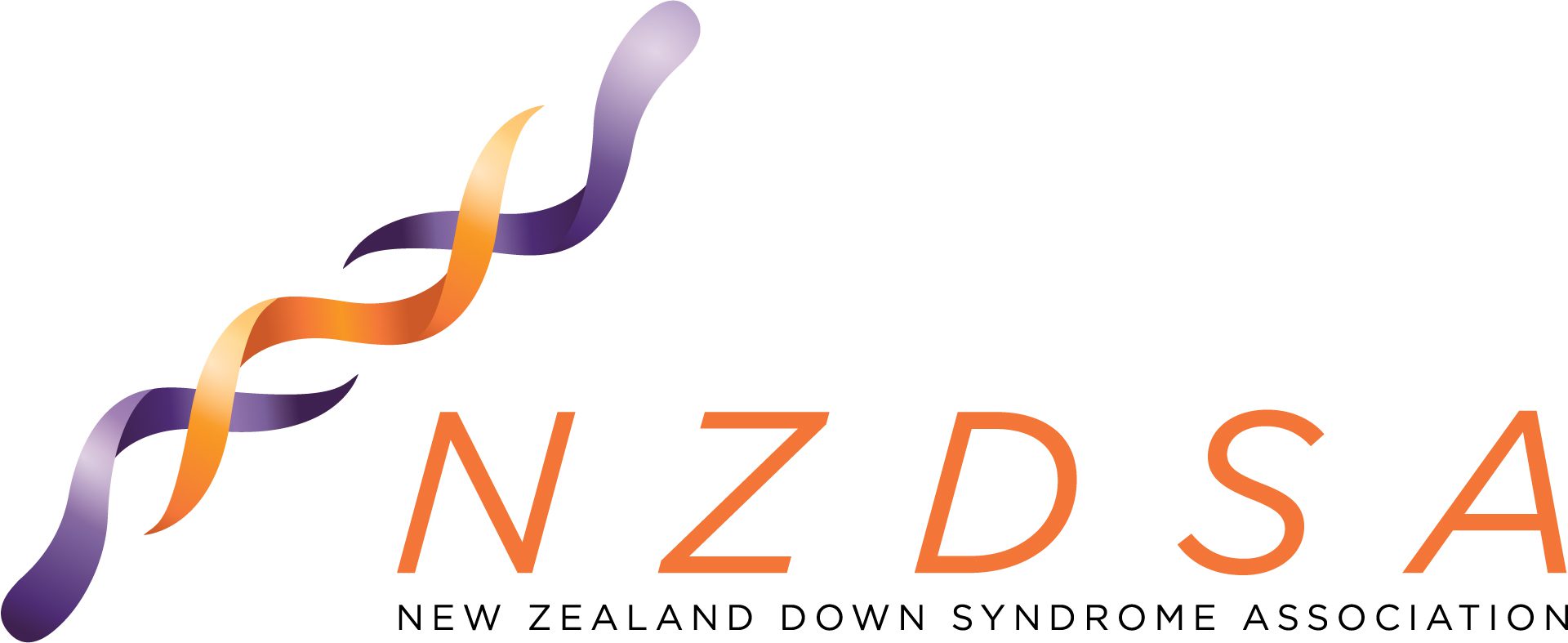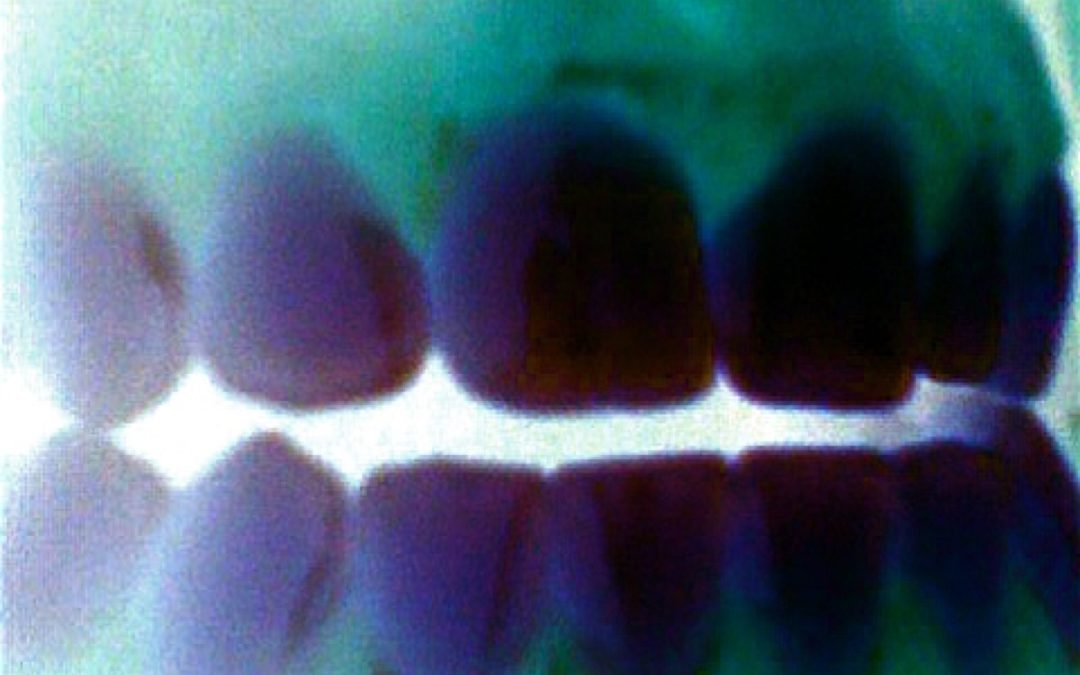Linda te Kaat attended the New South Wales Down Syndrome Health Conference and reports how oral health is a major issue to consider for caregivers.
Oral health is the greatest health need for people with Down syndrome. Oral disease shares common risk factors with cardiovascular disease, diabetes, cancer and chronic obstructive pulmonary disease.
What is dental disease, and can it be prevented?
- Decaying teeth: A cavity can result in tooth enamel dissolving over time. Early prevention can reverse tooth decay.
- Periodontal diseases: This effects the gums and bone around the teeth. Gingivitis is reversible and signs are red and swollen gums and bleeding on brushing. There will be no signs on an X-ray and no pain and may be present in more than one tooth. This develops more quickly in people with Down syndrome due to an altered immune reaction to plaque. Bacteria invade below the gums to cause inflammation which can lead to bone loss around the tooth root if not treated. X-rays are the only way to show if there is any bone loss. This also leads to bad breath and teeth can get loose or move and pain can occur on biting. There is often no pain in late stages of this disease and it always requires dental treatment.
- Trauma to tooth or jaw. Falls can cause dental trauma. Any tooth that has been chipped, moved or discoloured needs immediate treatments. Teeth that have been knocked out can be put back in again but never touch the root of the tooth and get the tooth to a dentist immediately. Dead teeth do not hurt but can be infected. Falls on the chin with problems opening the mouth may be a fracture to the jaw.
- TMJ (Temporomandibular joint & muscle disorders). This is caused by trauma to the jaw or TM joint or by grinding teeth from stress. That symptoms to look out for are pain or stiffness in the chewing muscles (often one sided), limited movement or locking of the jaw, painful clicking and popping or grating in the jaw on opening. This conditions tends to be more common in woman. The treatment is often simple and in most cases the discomfort will go away with little or no treatment. Eat small pieces of food, apply ice packs or heat packs. Avoid extreme jaw movements like wide yawning and chewing gum. Short term use of Nurofen may be useful.
Without X-rays, up to 40% of decay can be missed and therefore it is vital that these are carried out routinely.
Toothbrushing requires the same manually dexterity as handwriting and many people with Down syndrome find this difficult therefore regular dental care is required.
Often cysts may not be painful, and antibiotics can stop the pain and infection, but infection can still be in the bone and not picked up without an X-ray.
Chronic pain can lead to changes in behaviour and people with Down syndrome can have a high pain tolerance therefore once it reaches the level of pain it can sometimes be a major dental problem.
Always use toothpaste with fluoride in it and never rinse the mouth after brushing.
Savacol is good for plaque build-up and a mouthwash with fluoride is ideal. This can also be used on a toothbrush to brush around teeth if they person is unable to swish and spit.
The Oral-B electric toothbrush was also recommended as not only one of the cheapest but also the best to use but sometimes electric toothbrushes are not tolerated by our young ones, so use gradually to get used to it and start at a young age.
You should seek professional care when there is:
- Any swelling of the mouth, face or neck.
- Any ulcer that does not heal
- Any persistent burning of the mouth
- Any severe pain in the teeth – even if it stops
For people that cannot explain their symptoms, watch out for a change in eating habits, oral behaviour or bad breath
Before going for treatment, discuss with the person with Down syndrome what is going to happen and use books to illustrate what they can expect.
Always keep the language positive and if possible try to have a first visit as an introduction without any serious treatment.

